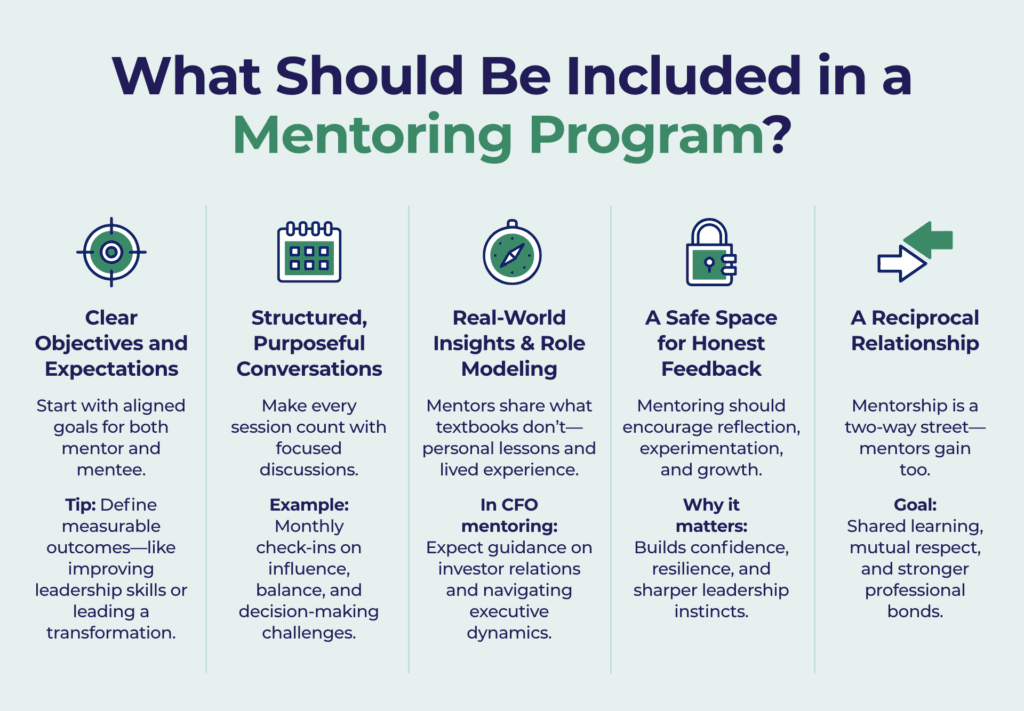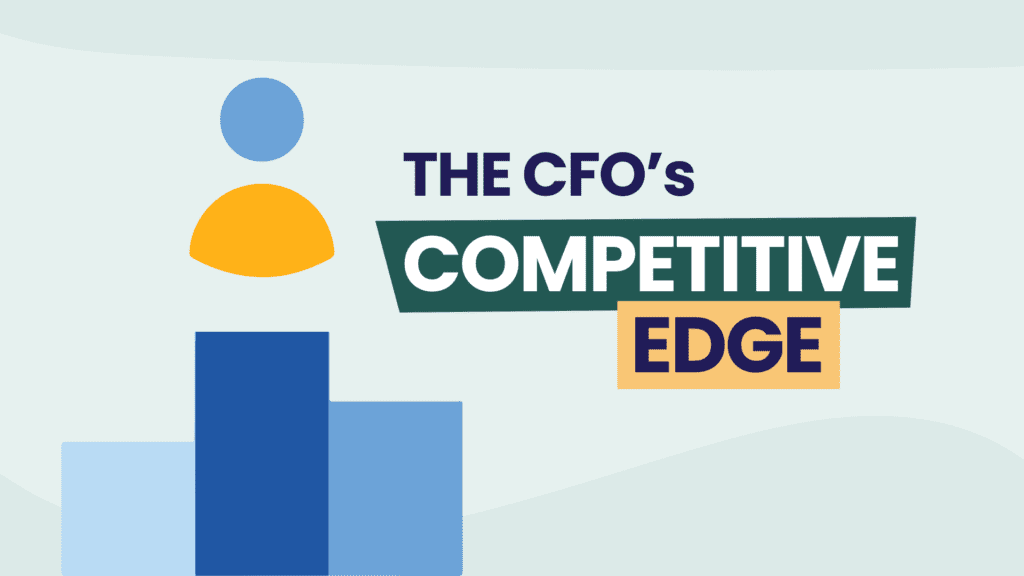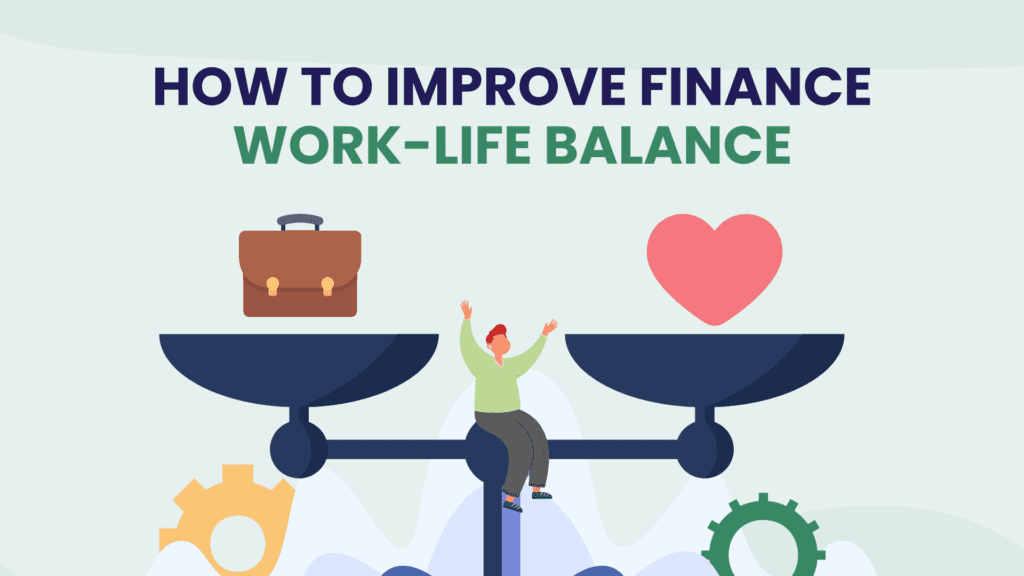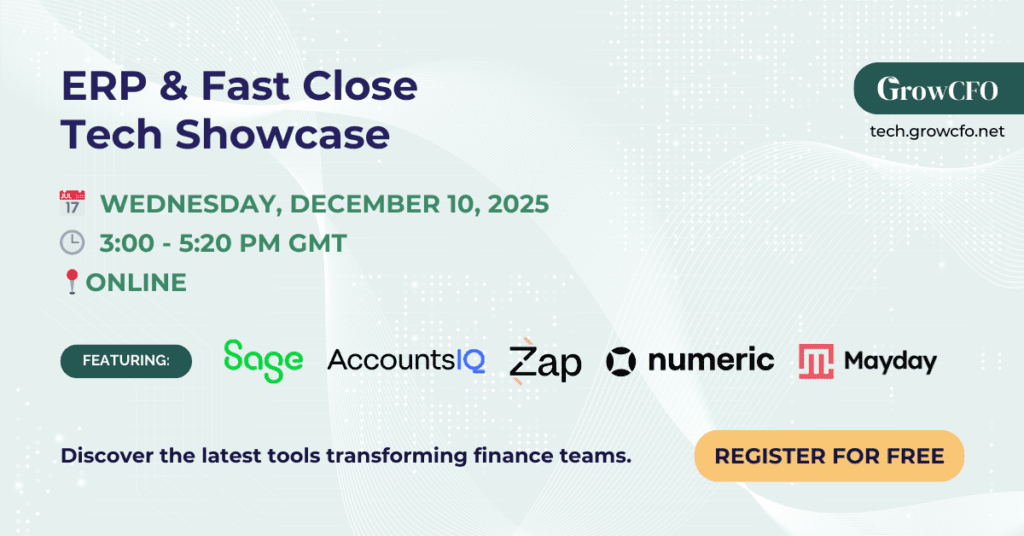What Does Mentoring Include?

What can professionals expect from a structured mentoring relationship, and how does it differ from coaching or counseling?
A well-designed mentoring program includes career development, goal-setting, guidance, and personal growth. Whether formal or informal, mentoring is a collaborative relationship where a more experienced individual supports a less experienced person to help them navigate challenges and reach their full potential. For finance leaders, CFO mentoring plays a key role in leadership development, confidence building, and strategic thinking—especially within structured career mentorship programs.
What Is Mentoring and Why Does It Matter?
Mentoring is a reciprocal, growth-oriented relationship between two individuals—typically a senior leader and a developing professional. According to the National Institutes of Health, effective mentoring includes:
- Professional development support
- Role modeling and knowledge sharing
- Goal-setting and accountability
- Psychosocial support and career advice
Unlike coaching (which is performance-focused) or counseling (which addresses emotional or psychological issues), mentoring is guidance-based and centered on long-term success.
In finance, CFO mentorship is a critical path for rising leaders to gain practical wisdom, strategic insight, and personal support from those who’ve walked the road before them.
What Should Be Included in a Mentoring Program?

Whether you’re joining or launching a career mentorship program, the most effective experiences include the following core elements:
1. Defined Objectives and Expectations
Good mentoring starts with a clear understanding of what both parties want to achieve.
✅ Tip: In formal mentoring, define measurable outcomes (e.g., improve board reporting skills, lead a transformation project, enhance leadership presence).
2. Structured and Purposeful Conversations
Meetings should be regular, goal-oriented, and centered around specific challenges or development areas.
🗓️ Example: Monthly discussions that cover stakeholder influence, work-life integration, or decision-making under pressure.
3. Role Modeling and Real-World Perspective
Mentors often share personal experiences, case studies, and “what I wish I knew” moments that accelerate mentee learning.
🔍 In CFO mentoring programs, this might include handling investor relations or navigating organizational politics.
4. Safe Space for Reflection and Feedback
Mentoring creates a confidential environment where the mentee can explore ideas, test decisions, and receive unfiltered feedback.
🤝 Why it matters: It builds self-awareness, resilience, and leadership maturity.
5. Reciprocal Relationship
While the focus is on the mentee’s development, great mentoring is a two-way street. Mentors also gain fresh perspectives and energy from the relationship.
🔄 Goal: Mutual respect and continuous learning.
What’s the Difference Between Formal and Informal Mentoring?
| Aspect | Formal Mentoring | Informal Mentoring |
| Structure | Defined goals, timelines, and documentation | Casual, organic interactions |
| Goal Tracking | Clear KPIs and regular progress reviews | Goals are often unspoken or fluid |
| Matching Process | Usually assigned by a program or organization | Initiated personally or organically |
| Accountability | High—both parties agree to meet and evaluate progress | Variable—based on personal commitment |
Formal mentoring programs (like those offered in GrowCFO) ensure measurable results and alignment with career goals—especially for finance leaders preparing for senior roles.
What Makes CFO Mentoring Unique?
CFO mentoring is tailored to the high-stakes, strategic nature of financial leadership. It goes beyond technical expertise to include:
- Navigating boardroom dynamics
- Shaping finance strategy and transformation
- Building confidence as a trusted C-suite advisor
- Handling investor, team, and executive relationships
As noted by OpenEnvoy and the CFO Mentoring Club, mentoring for CFOs is increasingly seen as a strategic accelerator—not a nice-to-have.
Final Thought
Whether you’re early in your career or preparing for a C-suite role, a strong mentoring program offers guidance, connection, and accountability. With the right mentor, finance professionals can turn ambition into impact—and with structured CFO mentorship, they can step into leadership with clarity and confidence.
Want to Join a CFO Mentoring Program?
GrowCFO’s Mentoring Program connects aspiring CFOs and finance leaders with experienced mentors to accelerate leadership development, build confidence, and help navigate key transitions. Explore mentoring opportunities and become part of a powerful network with GrowCFO.





Responses